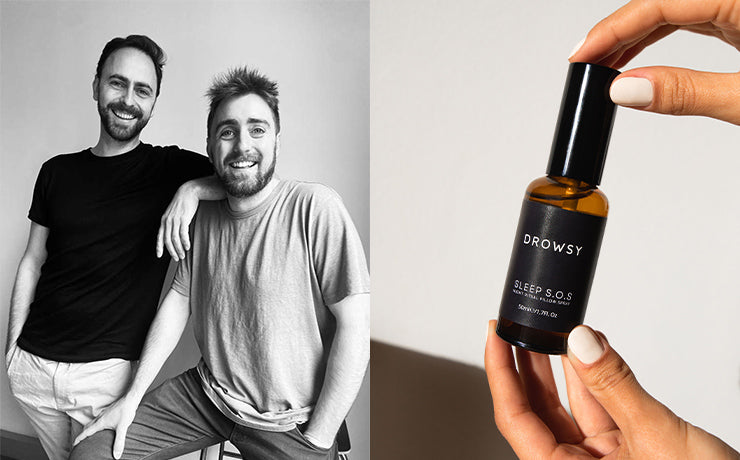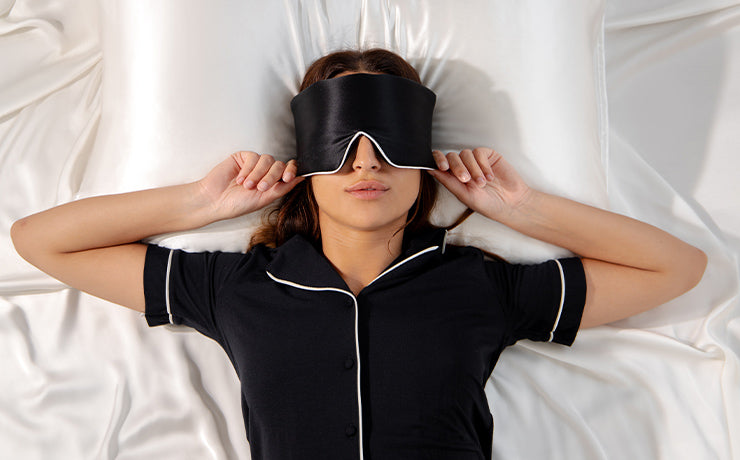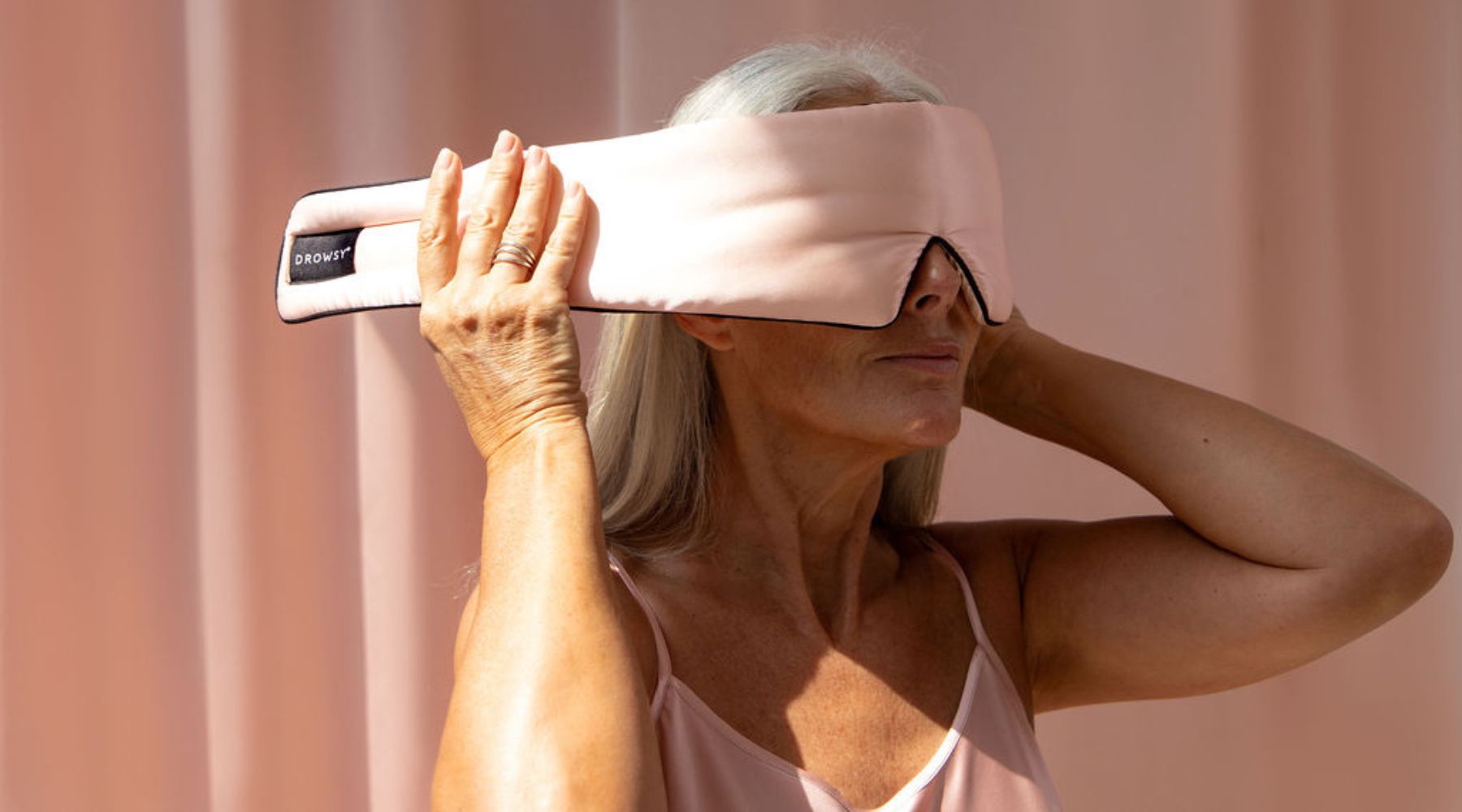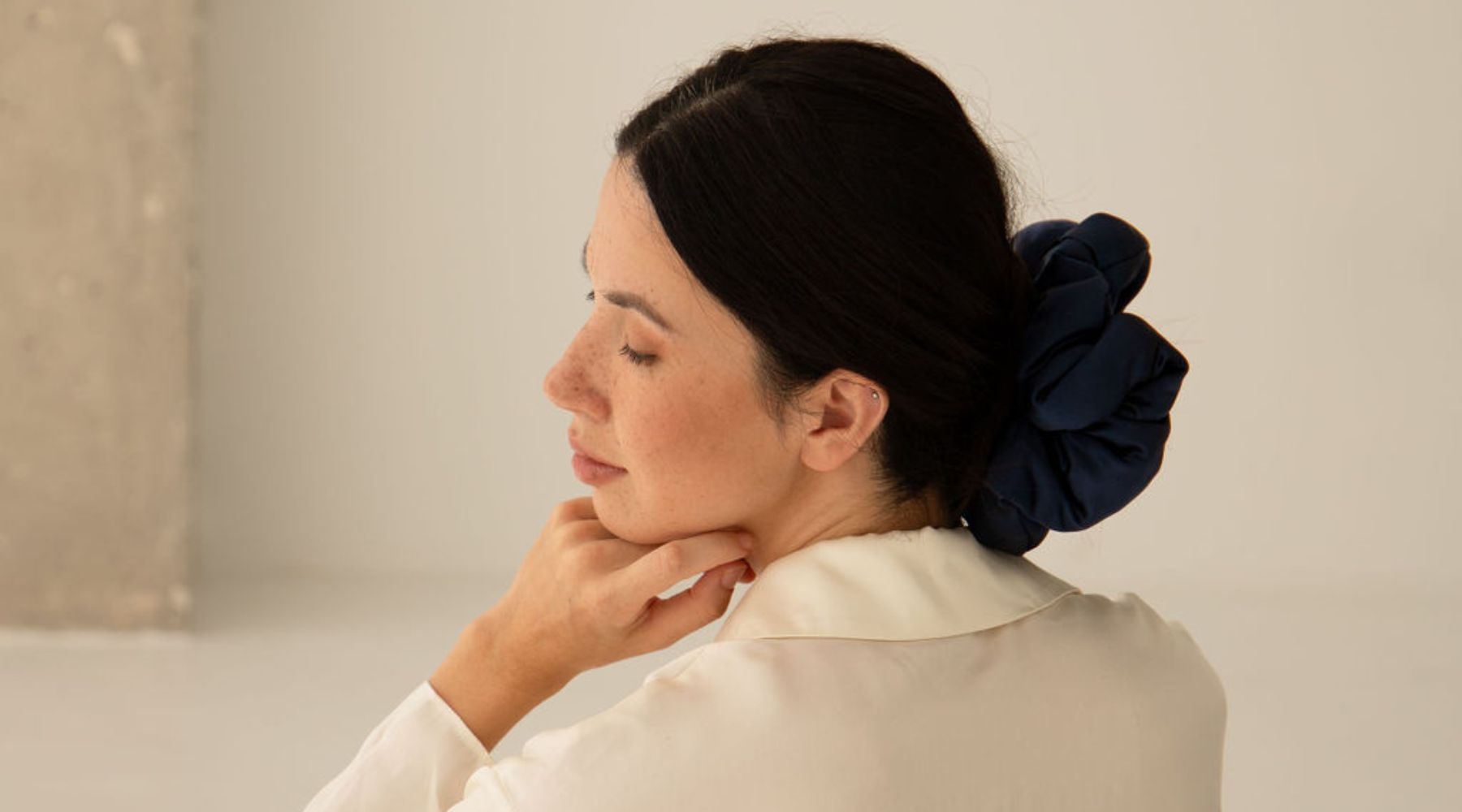Nutrition for better sleep: foods to eat for a deeper rest
You already know the basics of sleep hygiene: dim the lights, turn off the screens, wind down early. But what about your dinner plate? The foods you eat can have a big impact on how quickly you fall asleep, how deeply you stay asleep, and how rested you feel the next day. Let's break down which sleep-enhancing foods support a good night's sleep and why their nutritional and health attributes matter more than you think.
1. Eat more tryptophan-rich foods
The amino acid tryptophan helps your body make melatonin and serotonin, both of which promote sleep. Your body doesn't produce tryptophan on its own—you need to get it from food. Good sources include:
-
Turkey
-
Chicken
-
Eggs
-
Tofu
-
Cheese
-
Nuts and seeds
Pairing these with some healthy carbs (like brown rice or sweet potato) helps your brain absorb tryptophan more easily. It's a simple, natural way to help you sleep better.

2. Focus on magnesium and potassium
Magnesium helps relax your muscles and nervous system, while potassium keeps your sleep cycle steady. A lack of either can lead to poor sleep quality or nighttime cramps. Add these to your meals for better sleep quality:
-
Bananas
-
Leafy greens like spinach and kale
-
Avocados
-
Almonds and cashews
-
Black beans
Together, they improve your sleep and help regulate stress, which is essential for sleep health.
3. Get enough healthy fats
Omega-3s aren't just good for your heart. They've also been linked to better sleep quality and longer REM cycles. These healthy fats help your brain function properly and support hormone production. Include more of these in your balanced diet:
-
Fatty fish like salmon, sardines, and mackerel
-
Chia seeds and flaxseeds
-
Walnuts
Try adding these to your dinner or an early evening snack.
4. Try sleep-friendly snacks (in small portions)
Going to bed hungry messes with your sleep. But overeating can do the same. A small snack with carbs and protein 1–2 hours before bed can help. Ideas:
-
Greek yogurt with honey
-
Banana with almond butter
-
A slice of whole-grain toast with peanut butter
Keep it light and balanced. Heavy meals too close to bedtime can throw off your sleep cycle.
5. Limit sugar and caffeine late in the day
This might sound obvious, but even hidden sugars or a late-afternoon coffee can disrupt your body's internal clock. Both sugar and caffeine can spike your energy levels and hurt your sleep health. Watch out for:
-
Soft drinks
-
Flavored yogurts
-
Chocolate (especially dark chocolate)
-
"Decaf" coffee (which still has small amounts of caffeine)
Stick to water, herbal teas, or a drink like warm milk in the evening.

6. Don't skip meals
Blood sugar dips can trigger cortisol spikes, which mess with sleep. Skipping meals, especially dinner, can cause you to wake up in the middle of the night hungry, anxious, or both. Eating consistent, balanced meals supports a healthy sleep-wake cycle and helps your body feel safe and stable enough to rest deeply at night.
7. Consider supplements wisely
While food should always come first, sometimes you need a little extra support. Melatonin, magnesium glycinate, and herbal blends (like chamomile or valerian root) can help ease you into sleep.
But choose carefully. Many sleep supplements on the market are packed with fillers, sugars, or overly strong doses. A better option? Drowsy's Beauty Sleep Clinic Supplements, designed with natural ingredients and no harsh additives, just what your body needs for a deeper rest. They're rooted in the science of clinical sleep medicine, without relying on harsh chemicals or empty promises.
8. Time your meals for better rest
What you eat matters, but when you eat it matters just as much. Late-night meals or snacks high in fat can disrupt digestion and delay sleep. Your body needs time to process food before fully relaxing. For a good night's sleep, finish dinner 2–3 hours before bed.
If you feel hungry after that, go for a small snack rich in complex carbs and protein. Aligning meal timing with sleep helps your body get into a rhythm and supports overall healthy dietary patterns.
9. Hydrate, but not too much
Being dehydrated can interfere with the production of melatonin and affect your ability to fall asleep. But drinking too much water late in the evening can wake you up for bathroom trips. The key is to hydrate throughout the day and reduce water intake closer to bedtime.
Start your morning with water, sip during meals, and slow down after dinner to improve sleep quality. If you're someone who has trouble sleeping due to nighttime awakenings, balancing hydration might be a simple fix.

Sleep better by eating smarter
Food alone won't fix chronic sleep issues. But eating foods that support your natural rhythms can go a long way. Nutrition is the base of sleep health—you need the right vitamins, minerals, and hormones to truly rest.
If you're already eating well and still struggling, adding high-quality sleep supplements can make a difference. Drowsy's Beauty Sleep Clinic line is designed to work with your body, not against it. No harsh chemicals, just clean, effective support. Want better sleep quality without the guesswork? Start with your plate. Finish with Drowsy.






